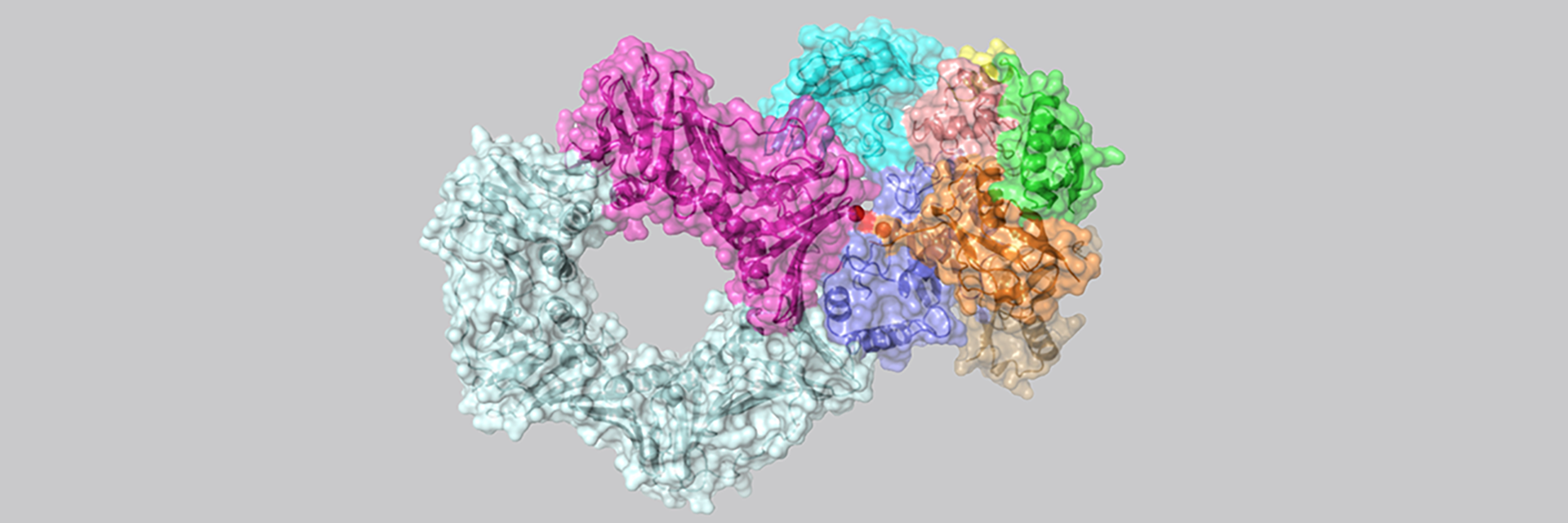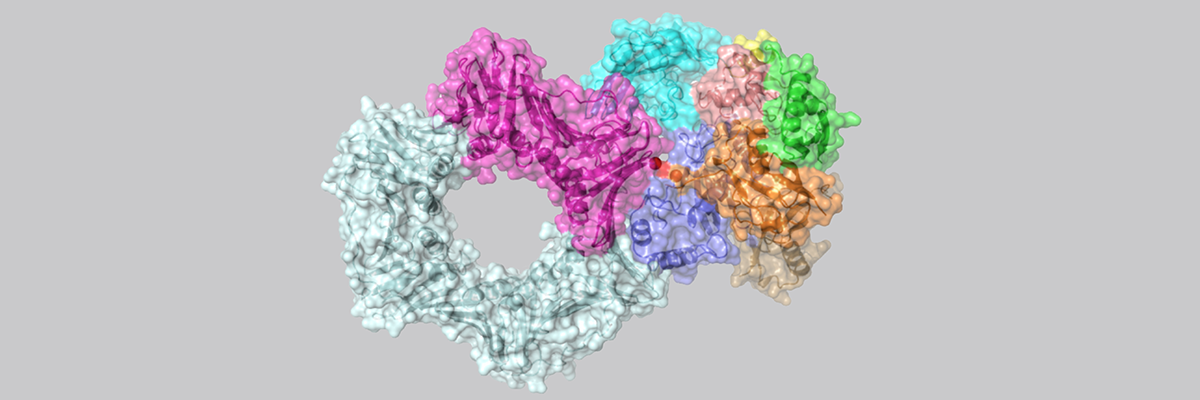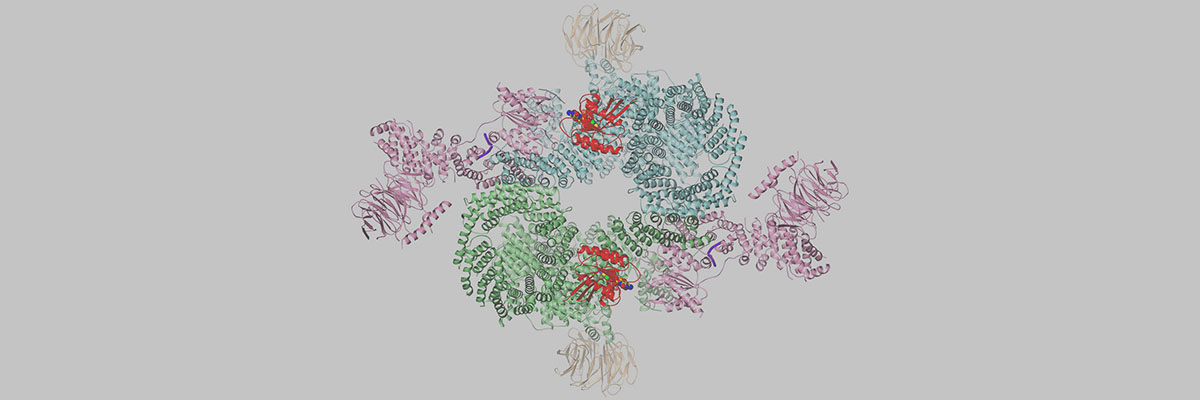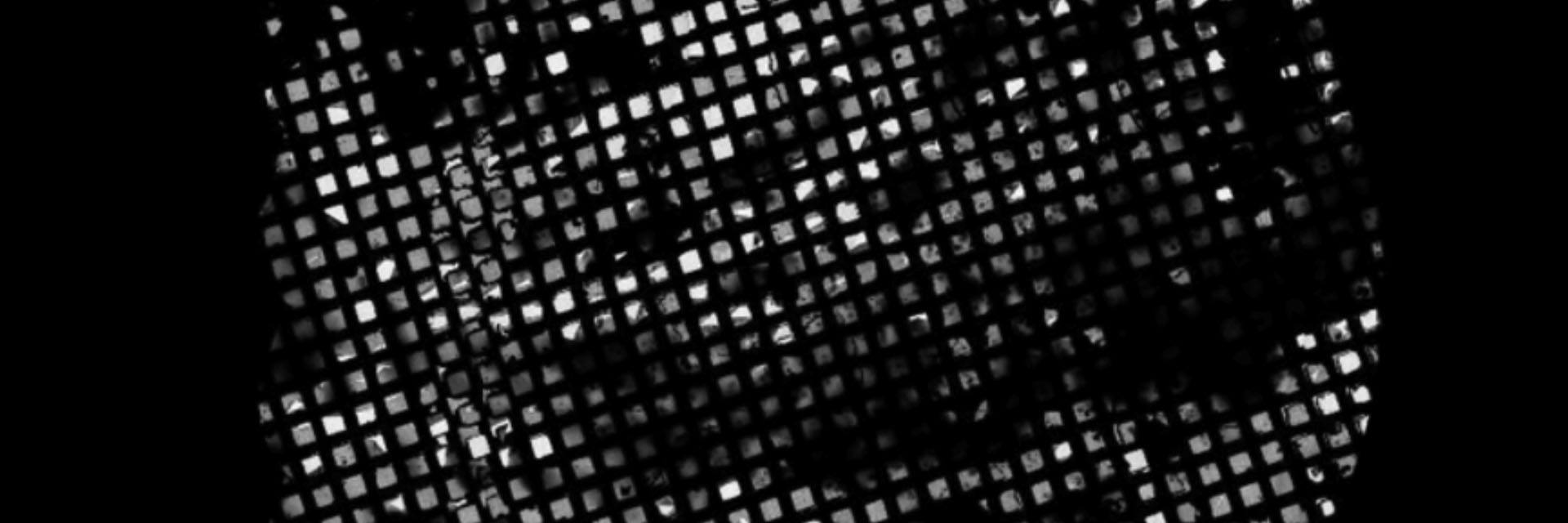
Scientists in SKI’s Structural Biology Program aim to understand biological processes at the levels of molecular mechanisms and three-dimensional structures. The experimental tools we employ range from cryo-electron microscopy and x-ray crystallography to super-resolution optical methods in studies that are complemented by biochemical, cell biology, and genetic approaches. We are focused on fundamental processes in biology with particular interests in understanding how these processes are dysregulated in cancer.
The work of our researchers covers diverse areas of biology including DNA-damage response, epigenetic modification of DNA and histones, RNA silencing, RNA processing, DNA and RNA structure, riboswitches, transcription, and growth-regulatory pathways. In addition, we investigate cell-surface receptors, vesicular transport and secretion, post-translational protein modification by ubiquitin and ubiquitin-like proteins, and membrane protein structure and function.
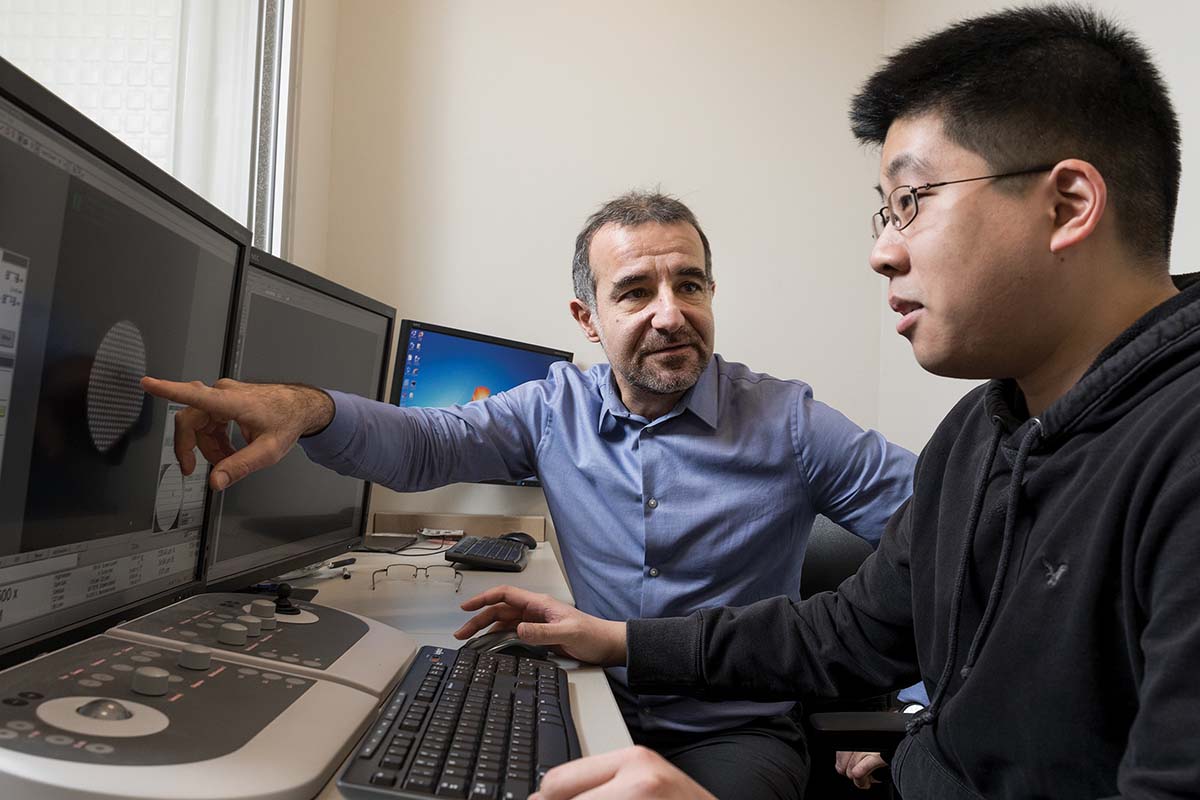
Our Faculty
-
Christopher D. Lima, PhD
Chair, Structural Biology Program
The Lima laboratory studies mechanisms underlying RNA processing as well as post-translational protein modification by ubiquitin-like proteins. -
Melinda M. Diver, PhD
The Diver lab studies the physiological roles and molecular mechanisms of understudied membrane-embedded proteins with the goal of revealing novel therapeutic targets for diseases such as pain and cancer. -
Jonathan Goldberg, PhD
The Goldberg laboratory focuses on structural and biochemical characterization of intracellular vesicle transport. -
Richard Hite, PhD
The Hite laboratory studies the mechanisms of ion and metabolite transport and the maintenance of genomic integrity. -
Stephen B. Long, PhD
The Long laboratory investigates the molecular mechanisms of ion channels and enzymatic membrane proteins and seeks to use these discoveries to benefit humanity.
-
Dimitar B. Nikolov, PhD
The Nikolov laboratory focuses on the structural, biophysical, and biochemical characterization of the molecular mechanisms of cell-cell interactions and signal transduction across the plasma membrane. -
Dinshaw Patel, PhD
The Patel laboratory studies the structural biology of macromolecular recognition, regulation and catalysis. Ongoing projects include structure-function studies of the CRISPR-Cas and cGAS-STING surveillance pathways, on the role of Structure Maintenance Chromosome complexes in mediating DNA double strand break repair, on the role of histone and DNA methylation in epigenetic regulation and on RNA-mediated processes ranging from riboswitches and ribozymes to those governing siRNA and piRNA pathways. -
Nikola P. Pavletich, PhD
The Pavletich laboratory studies the structural biology of pathways that control cell growth and maintain the integrity of the genome. -
Alexandros Pertsinidis, PhD
The Pertsinidis laboratory uses single-molecule approaches to understand gene transcription and the function of complex macromolecular machines inside live cells. -
Max Wilkinson, PhD
The Wilkinson laboratory studies reverse transcriptases and retrotransposons using biochemistry, structural biology, and genome mining.
Collaborations & Resources
SKI offers a wide array of core facilities and other technologies, including two Titan Krios cryo-election microscopes. Members of the Structural Biology Program derive particular benefit from close ties to the following:
